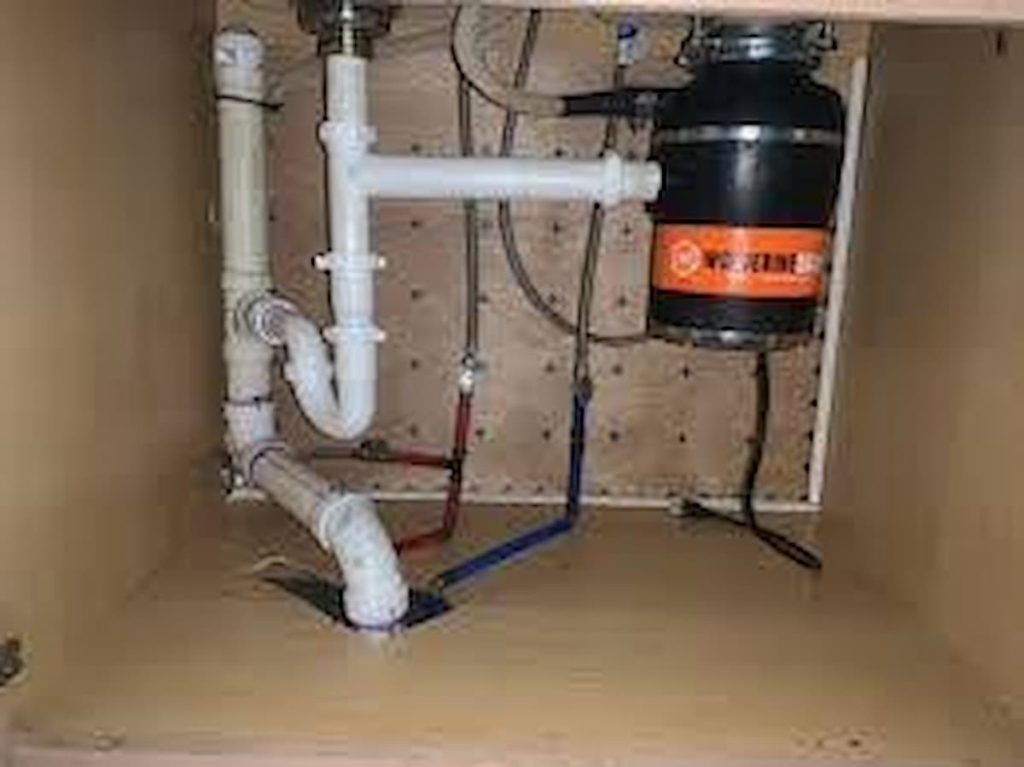The post Garbage Disposal Do’s and Don’ts to Avoid Clogs and Damage appeared first on UK Construction Blog.
Is your garbage disposal always backing up and you keep asking yourself “What the heck is happening?”. After 6+ years of plumbing, we have seen some crazy things happen due to homeowners putting weird things into their drains causing issues with their garbage disposal.
Just like the tide pod trend, we are going to go over the “do’s and don’ts” to avoid clogging and damaging your garbage disposal so you don’t have to call a plumber! No more using your garbage disposal like a second trash can, it’s not built for that! These units are strong, but they’re designed for grinding soft food scraps, not bones, seeds, or stringy fibers.
What a Garbage Disposal Can Actually Handle
If it’s something you can chew with your own teeth, chances are it’s safe for the garbage disposal. That includes soft vegetable peels, small bits of cooked meat, leftover rice or pasta (in small amounts), and even some citrus rinds.
Always run cold water while the disposal is in use. Cold water keeps fats solid, which helps flush waste through instead of letting it cling to the pipes. That habit alone can stop most garbage disposal clogs before they start.
Top Do’s to Keep Your Disposal Running Smooth

Your disposal is more of a kitchen assistant, not a heavy-duty grinder. It doesn’t need complex maintenance, just a few steady habits. Use cold water every time you run it. Hot water melts grease, which later cools and hardens in the pipes.
Turn it on regularly to keep its parts moving freely. A quick clean now and then with baking soda and vinegar helps break down leftover grime. If the drain starts to smell, tossing in a small lemon or orange peel can help scrub the sides and leave things fresher.
What Not to Put Down Your Garbage Disposal
This is where problems usually start. Some things seem safe until they jam the blades or clog the line.
- Grease
- Oils
- Fats being a big culprit. They cool down and harden, catching everything else on their way out.
- Eggshells, especially the membrane, can wrap around the moving parts.
- Coffee grounds clump together and make a thick mess.
- Stringy vegetables like celery can twist into the motor.
- Even small bits of rice or pasta expand and turn into a sticky blockage.
We’ve pulled full clogs built from things most folks thought were harmless.
How to Spot Trouble Before It Gets Worse

Most disposals don’t just stop working. They give you hints:
- A bad smell that won’t go away might mean leftover food is stuck in the chamber.
- Grinding noises that sound sharper or slower than usual can mean something is caught.
- Water draining slowly from the sink may point to a clog building up further down the line.
Taking the time to listen, smell, and check how well things are draining can save you from a costly fix later. A little attention to your garbage disposal goes a long way.
When to Reset or Call for Help
Disposals have a reset button for a reason. If the unit suddenly stops working, turn it off, press the reset button underneath, and try again. If it still doesn’t turn on, or makes a humming sound without spinning, cut the power and check for jams with a flashlight and an Allen wrench.
But if it keeps clogging, smells even after cleaning, or won’t turn on at all, it might be time to call a pro like Elite Plumbing & Sewer in Lake Stevens. We’ve handled plenty of repairs where the fix was simple but needed the right tools and know-how.
Keeping It Clean the Right Way

You don’t need chemicals to clean your disposal. In fact, harsh cleaners can damage seals and metal parts. A safer method is pouring half a cup of baking soda down the drain, followed by a cup of vinegar. Let it foam for a few minutes, then flush it with hot water. For odors, a few small pieces of citrus peel can freshen things up without hurting the blades.
Avoid using ice cubes unless your manufacturer recommends it. Some people swear by it, but others find it can wear down the unit faster over time.
The Long-Term Payoff of Smart Disposal Habits
Garbage disposals last longer and work better when treated right. That means feeding it only what it can handle, giving it regular cleaning, and being quick to spot signs of trouble. Following these do’s and don’ts keeps your kitchen running smooth and avoids the stress of surprise plumbing problems.
We see a lot of preventable damage in this line of work. A few small changes in how you use your disposal can make a big difference.
Think of your garbage disposal unit like a tool, not a bin, and it’ll serve you well for years.


